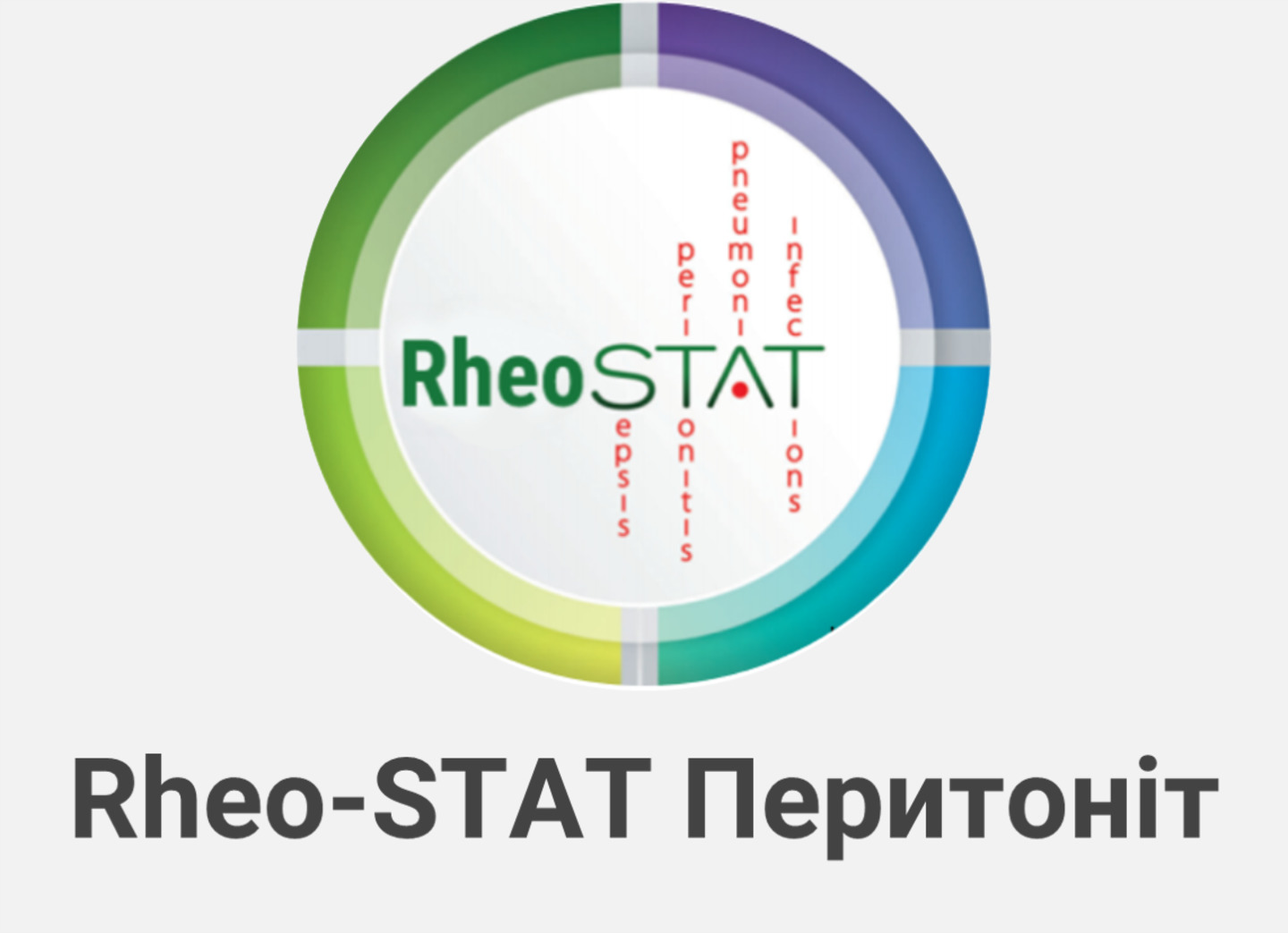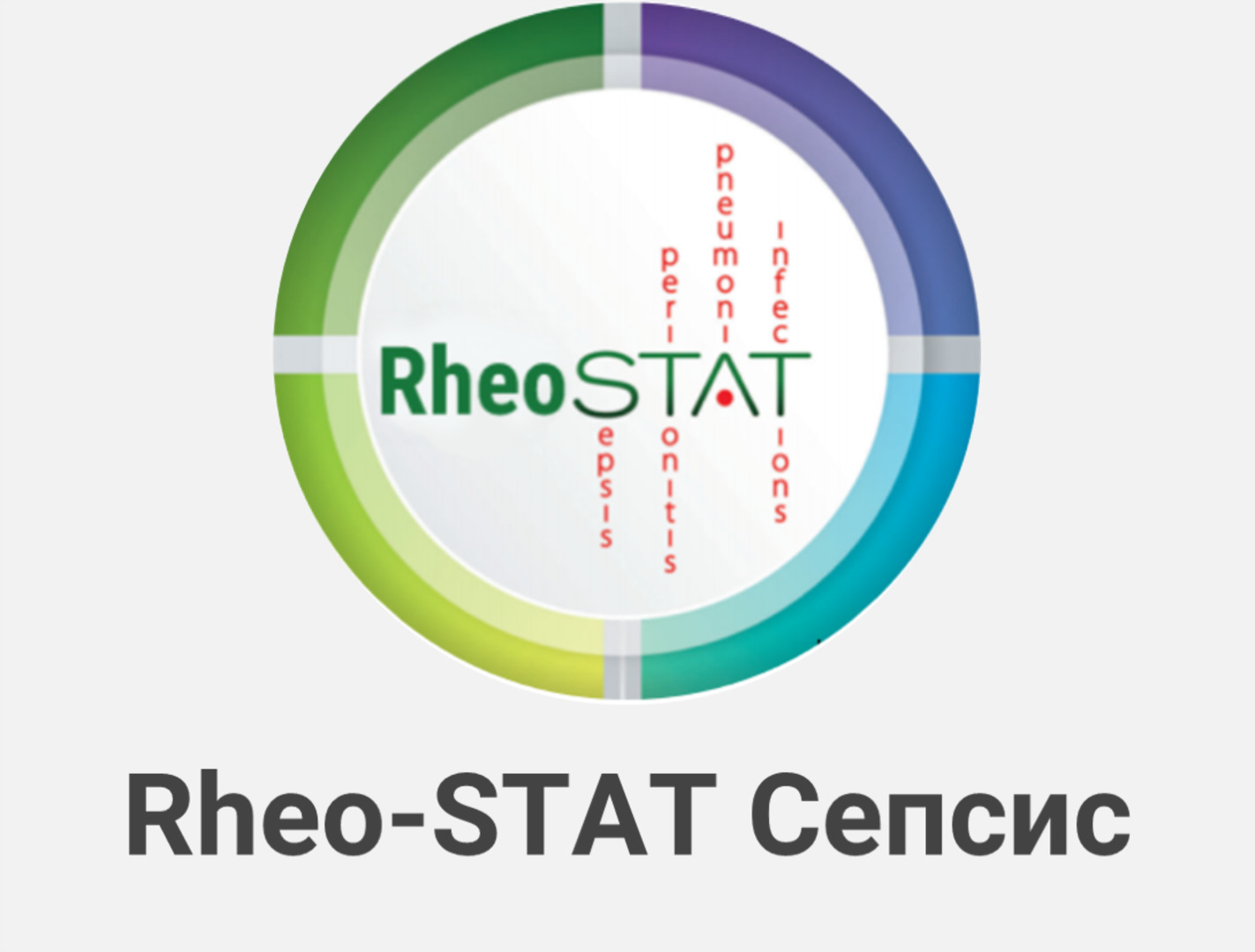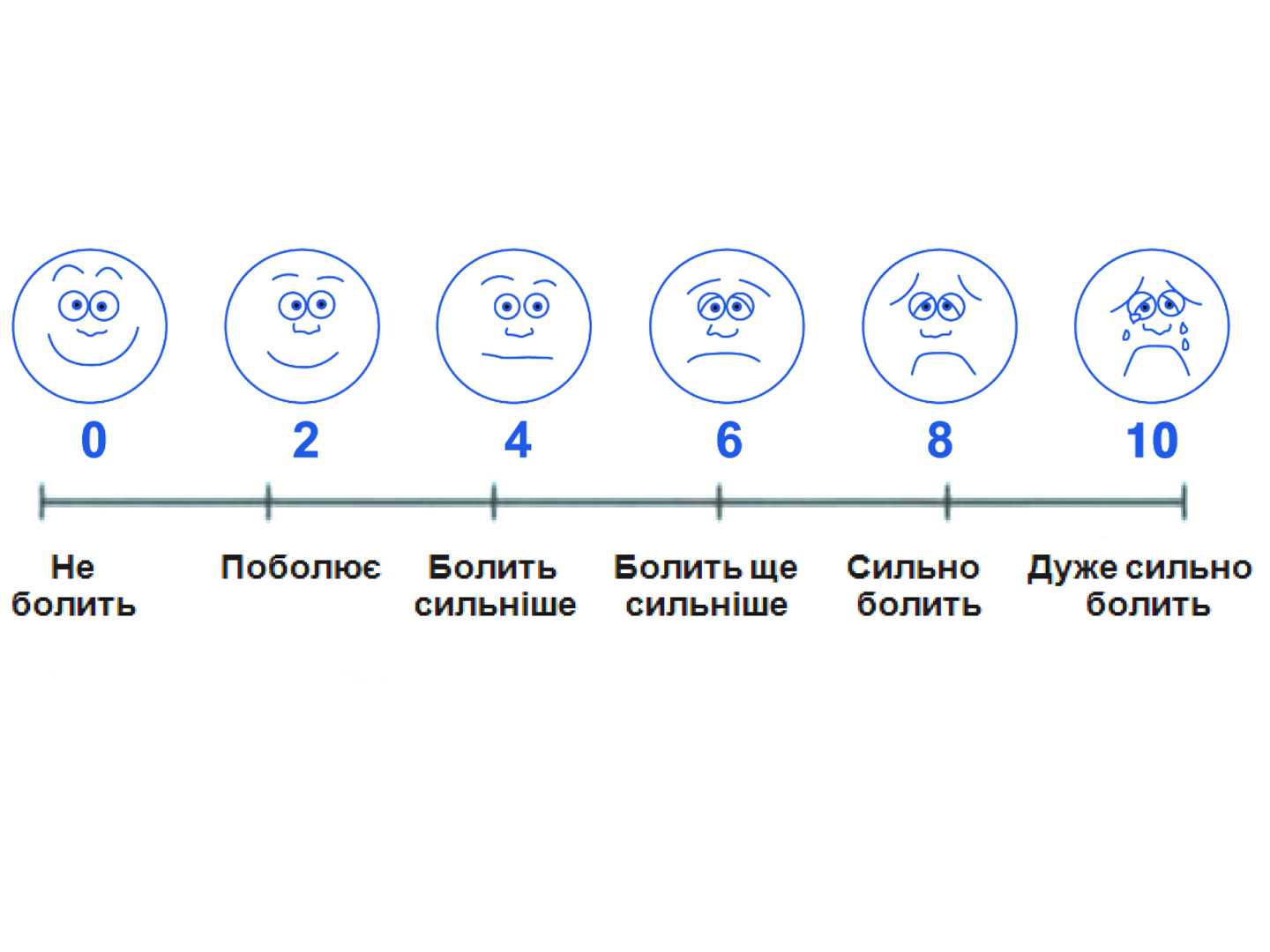Efficacy, Safety and Tolerability of a Combination of Electrolytes with Citicoline (Neurocitin®) in Patients with Acute Ischemic Stroke: First Results of the Study
Ivano-Frankivsk National Medical University,
Ivano-Frankivsk, Ukraine
Abstract. Background. Acute ischemic stroke is a global health problem, since most of the patients die or become disabled. In this regards, it continues to be urgent to search for new effective treatments for this pathology. We have initiated our own study to assess one of the most famous cerebroprotectors (citicoline) in combination with electrolyte (Neurocitin®) in such acute cerebral accidents.
Materials and methods. In an open, randomized, controlled trial, it is planned to include 55 patients of both sexes aged 25 to 75 years with a diagnosis of acute ischemic stroke. The control group would consist of 25 patients with standard therapy of acute ischemic stroke by Order of the Ministry of Health of Ukraine No. 602 (without cerebroprotectors). The study group will include 30 patients with the same standard therapy + Neurocitin® 100 ml twice a day for 14 days. The primary efficacy outcomes included: the score on the NIHSS scale, Barthel index and Rankin scale by day 14 of treatment; content of neuron specific enolase (the marker of neuronal damage), the value of bispectral index (the marker of electrical activity of the cortex) by day 14 of treatment, the measure of cerebral oximetry (the marker of brain oxygenation) by day 5 of treatment; the state of cerebral hemodynamics according to Doppler ultrasound of brain vessels by discharge.
Results. By the time of preparation of this article, both the study and control groups of the research included 20 patients each. By day 14 of treatment, the decrease of neuron specific enolase content was 2.73 times greater in the study group (with Neurocitin® (electrolyte combination of sodium, potassium, calcium and chlorine, as well as lactate and citicoline)) compared with the controls, and was close to reach normal. By day 14 of treatment, the increase of bispectral index was 64.9 % higher in the study group than in the control one, and its value practically reached normal. By day 5 of treatment, the increase of measure of cerebral oximetry was 49.6 % higher in the study group compared to the controls, and its value reached the norm. In many cases, an improvement in the group of Neurocitin® developed earlier compared to the treatment without cerebroprotector.
Conclusions. Preliminary results of our study suggest that the inclusion of Neurocitin® (electrolyte combination of sodium, potassium, calcium and chlorine, as well as lactate and citicoline) into the scheme of treatment of acute ischemic stroke leads to a significantly more rapid reduction of neuronal damage, restore the electrical activity of the cortex and brain oxygenation compared to the therapy without cerebroprotector. In many cases, these effects are observed at an earlier date. Preliminary results of the study indicate the desirability of Neurocitin® inclusion into the current protocols of treatment for acute ischemic stroke.
Key words: Neurocitin®; citicoline; acute ischemic stroke; neuron specific enolase; bispectral index.



